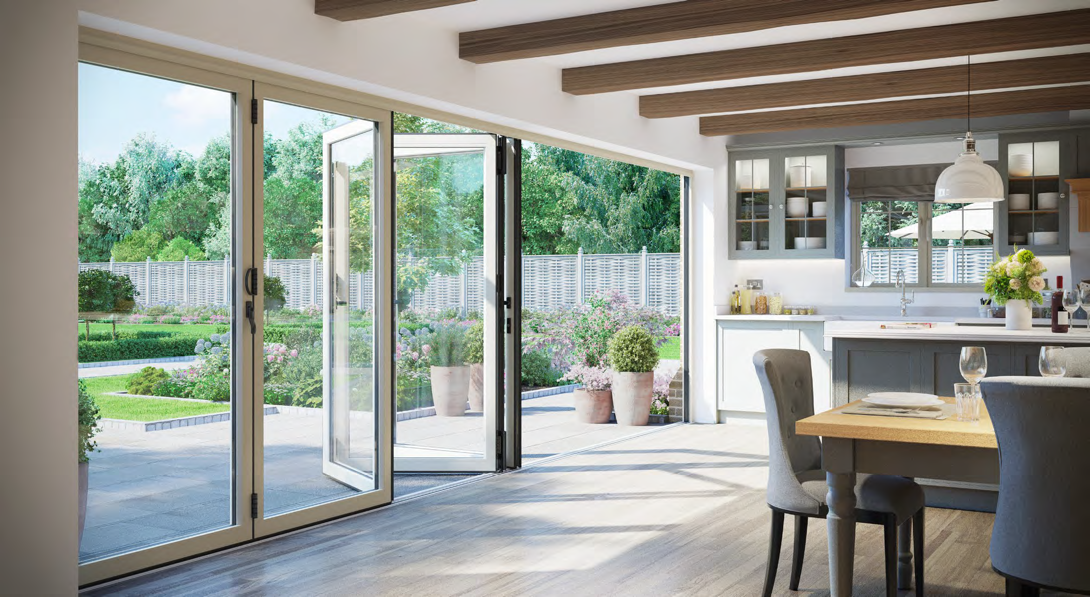Home Window Replacement: A Comprehensive Guide
Intro
Home window replacement is an essential home improvement task that not only enhances the aesthetic appeals of a house but also enhances energy efficiency, comfort, and home worth. Whether homeowners experience drafts, difficulty opening and closing windows, or merely want to update the appearance of their home, a window replacement can be a worthwhile financial investment. This post will explore the benefits of window replacement, the elements to think about before making a decision, numerous types of windows offered, the installation process, as well as FAQs on the topic.

Benefits of Home Window Replacement
The advantages of replacing old windows with modern alternatives are numerous. Homeowners can anticipate both immediate and long-lasting benefits consisting of:
1. Energy Efficiency
- Decreased Energy Bills: Modern windows are developed with insulation in mind, resulting in lower cooling and heating costs.
- Improved Temperature Control: These windows can help preserve a comfy indoor environment.
2. Boosted Comfort
- Sound Reduction: New windows can lower outside noise, producing a quieter indoor environment.
- Increased Natural Light: Larger or more strategically put windows can enhance the amount of natural light getting in the home.
3. Enhanced Curb Appeal
- Visual Upgrades: New windows can considerably enhance the look of a home, making it more attractive to possible purchasers or visitors.
- Range of Styles: Homeowners can pick from numerous designs and materials that complement their home's architecture.
4. Increased Property Value
- Roi: Replacement windows can increase a home's resale worth. Lots of purchasers view window condition as a vital factor.
- Boost Marketability: Homes with new windows can stick out in a competitive market.
Elements to Consider Before Window Replacement
Before starting a window replacement job, house owners must consider a number of factors to ensure a smooth and effective experience:
1. Type of Window
- Comprehend the different window styles: Double-hung, casement, slider, and more.
- Examine which type aligns with the home's architectural style.
2. Materials Used
- Vinyl: Affordable and low maintenance.
- Wood: Provides a traditional appearance however requires more maintenance.
- Fiberglass: Highly long lasting and energy-efficient.
3. Energy Efficiency Ratings
- Try to find windows with the Energy Star label.
- Check the U-factor and Solar Heat Gain Coefficient (SHGC) for much better energy performance.
4. Installation Costs
- Research the average installation expenses and compare quotes from different contractors.
- Think about the prospective savings on energy costs to balance out initial expenses.
5. Local Building Codes
- Confirm any local guidelines or constructing codes that need to be stuck to throughout the replacement process.
6. Timeline of Project
- Prepare for how long the replacement will take and if it will interrupt daily activities.
Types of Windows Available
Homeowners have a range of alternatives when choosing new windows. The following table sums up some common types together with their highlights:
| Type of Window | Description | Advantages |
|---|---|---|
| Double-Hung | 2 operable sashes | Easy cleansing; excellent ventilation |
| Casement | Depended upon one side | Exceptional ventilation; unblocked view |
| Slider | Moves horizontally | Space-efficient; simple to run |
| Bay or Bow | Extends external from the home | Boosts natural light; adds measurement |
| Picture | Non-opening window, large glass | Takes full advantage of views; improves aesthetics |
| Awning | Hinged on top, swings out | Great for rainy areas; supplies ventilation |
| Skylight | Set up in the roof | Adds light and a sense of openness |
The Installation Process
Window replacement can be an intricate undertaking, but comprehending the installation process can assist property owners feel more positive. Below are the common actions associated with window replacement:
Initial Assessment
- Examine existing windows, taking measurements and noting any damage.
Selecting New Windows
- Evaluation alternatives and choose on types, styles, and materials.
Choosing a Contractor
- Research and work with a trusted contractor with experience in window replacement.
Getting ready for Installation
- Clear any blockages and prepare the area around the windows.
Removing Old Windows
- Thoroughly eliminate existing windows without damaging surrounding walls.
Installing New Windows
- Fit and seal new windows into location, ensuring correct insulation.
Finishing Touches
- Install trim and inspect for leakages; make sure all windows run smoothly.
Tidy up
- Eliminate particles and clean the installation area.
FAQs about Home Window Replacement
1. How often should windows be changed?
Usually, windows should be replaced every 15-20 years, depending upon wear and tear and energy effectiveness.
2. Can I replace windows myself?
While DIY window replacement is possible, employing experts is advised to make sure appropriate installation and avoid possible problems.
3. What are the signs that I require to change my windows?
Common indications include drafts, trouble operating windows, water leakages, condensation in between panes, and visible rot or damage.
4. Are energy-efficient windows worth the investment?
Yes, energy-efficient windows can result in significant cost savings on energy expenses and boost home comfort.
5. What is the typical cost of window replacement?
Costs can differ widely based on the window type, products, and installation complexity, varying from ₤ 300 to ₤ 1,000 per window.
Home window replacement is an investment that can significantly enhance comfort, energy performance, and aesthetics. By comprehending the advantages, different kinds of windows readily available, and the installation process, homeowners can make educated choices that will enhance their living environment for many years to come. Whether it's a simple upgrade or a total overhaul, replacing windows can bring both enjoyment and increased value to a home.


